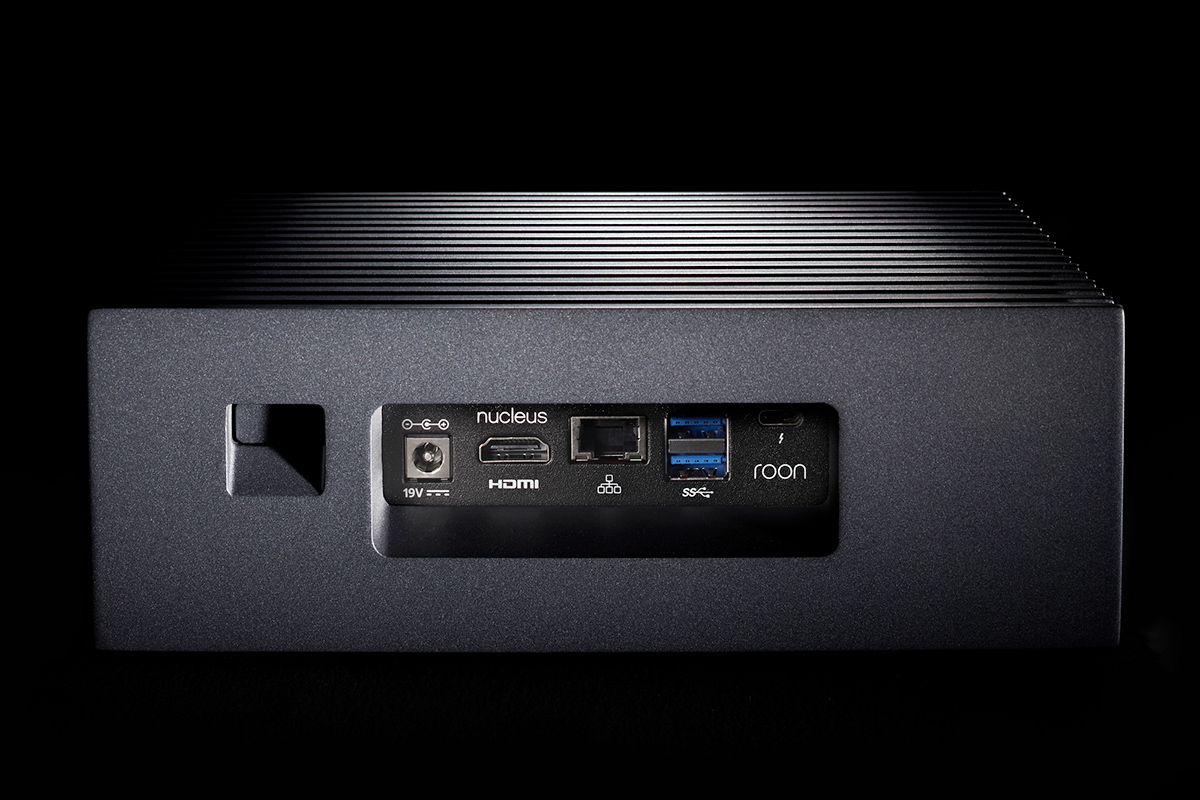
- Written by: Gordon Brockhouse
One of my pet peeves is technology that thinks it knows more than I do. Sometimes, software developers will release a new version that removes a useful feature, supposedly to enhance ease of use, but usually to advance a corporate agenda. Sometimes, they’ll streamline a key function to make it simpler for inexperienced users, at the cost of restricting flexibility for experienced users.
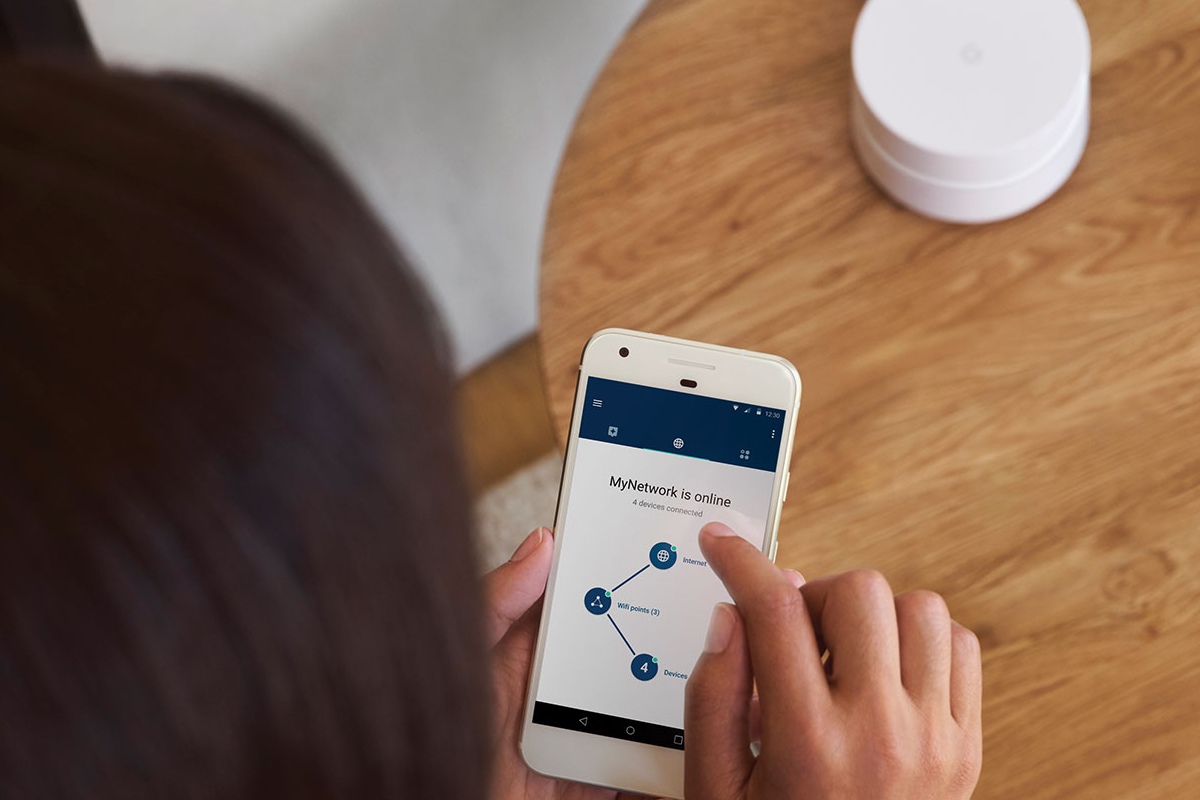
- Written by: Gordon Brockhouse
Keen-eyed readers may have noticed that I recently added a new category to the Associated Equipment section at the end of my reviews. In addition to listing the speakers, sources, and cables used for a review, I’ve started listing my network setup. For most of the products I review, every note I listen to is streamed over a network. That makes the network an important part of my home-entertainment system.
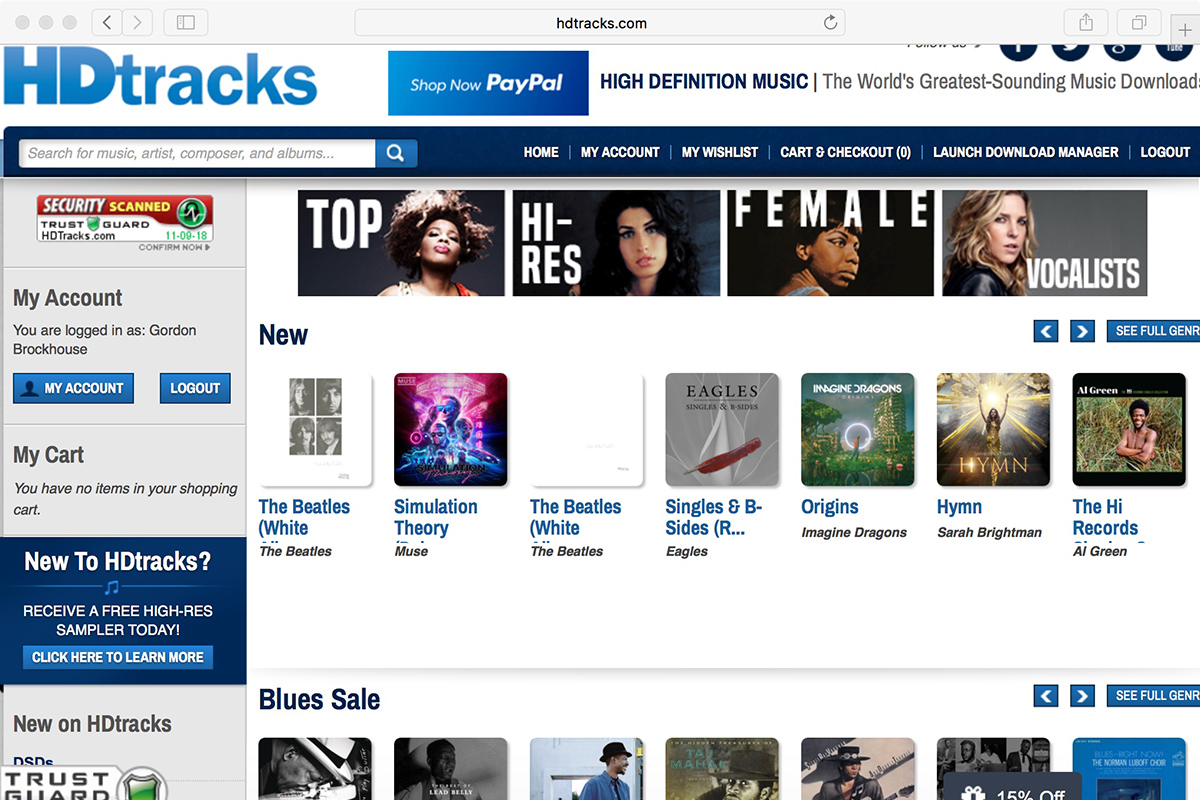
- Written by: Gordon Brockhouse
This fall marked the 10th anniversary of file-based, high-resolution audio playback. The New York City-based website HDtracks opened its virtual doors in March 2008; in October of that year, it added to its catalog 24-bit/88.2kHz and 24/96 FLAC files.
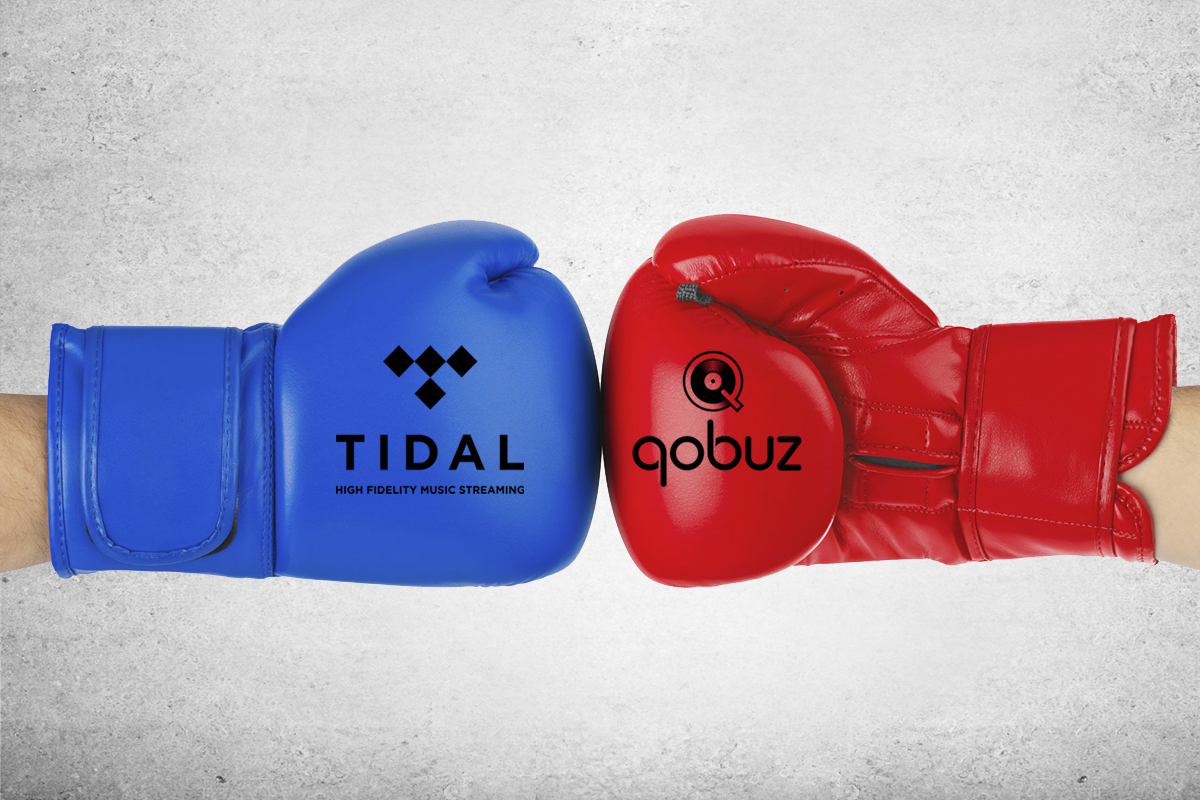
- Written by: Gordon Brockhouse
Sometime soon, hopefully before the end of 2018, North American audiophiles will have their choice of two high-resolution music-streaming services. One of them is a familiar name -- now available in 57 countries, Tidal has been operating in North America since 2015. The other is a relative unknown, at least on the west side of the Atlantic.

- Written by: Gordon Brockhouse
Toronto has a new audio show. The first-ever Toronto Audiofest was held at the Westin Toronto Airport Hotel October 19-21. In one year, it has effectively supplanted the Toronto Audio-Video Entertainment Show (TAVES), which began in 2011 but gradually lost its way.
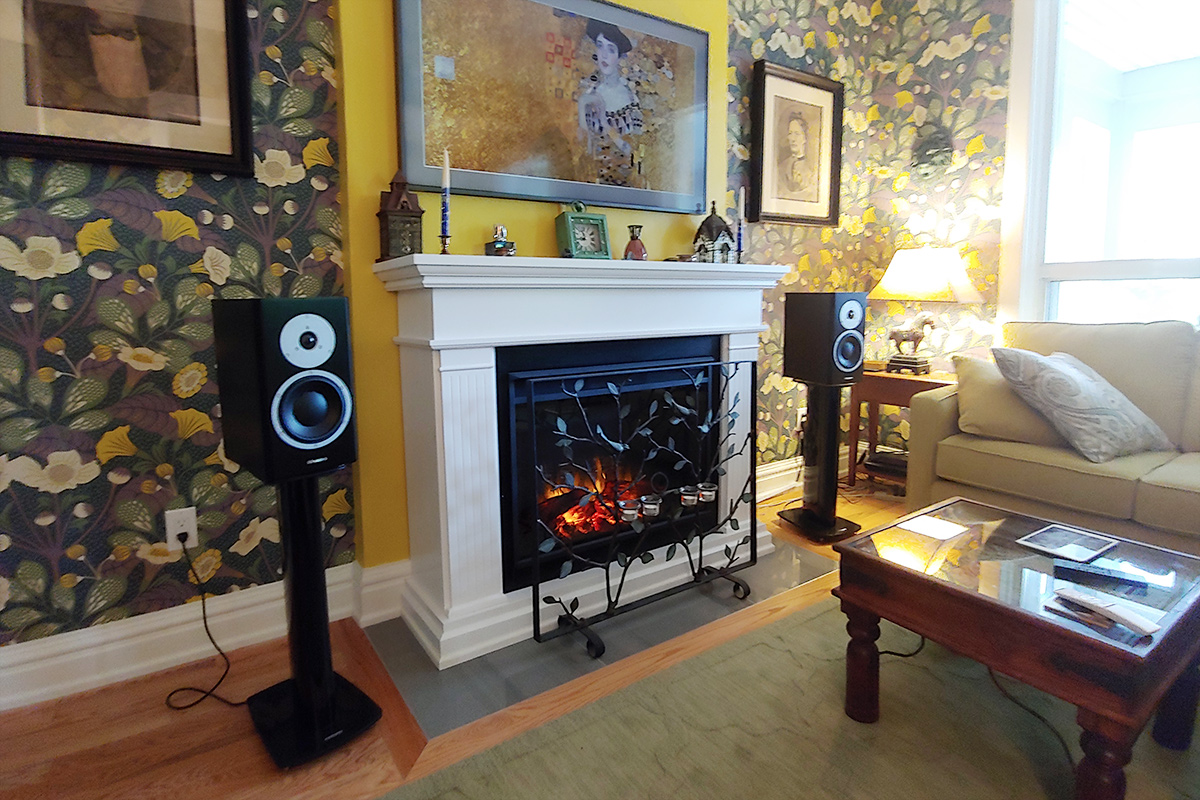
- Written by: Gordon Brockhouse
A year ago this month, my missus and I made a life-changing decision. We would sell the Toronto home where she had lived for 26 years, and move to a smaller house in the same neighborhood. Our kids had long since left the nest (lucky us!), and that big five-bedroom house was way more real estate than we needed. Downsizing would free up money for our retirements (we are now both, officially, geezers) and simplify our lives.
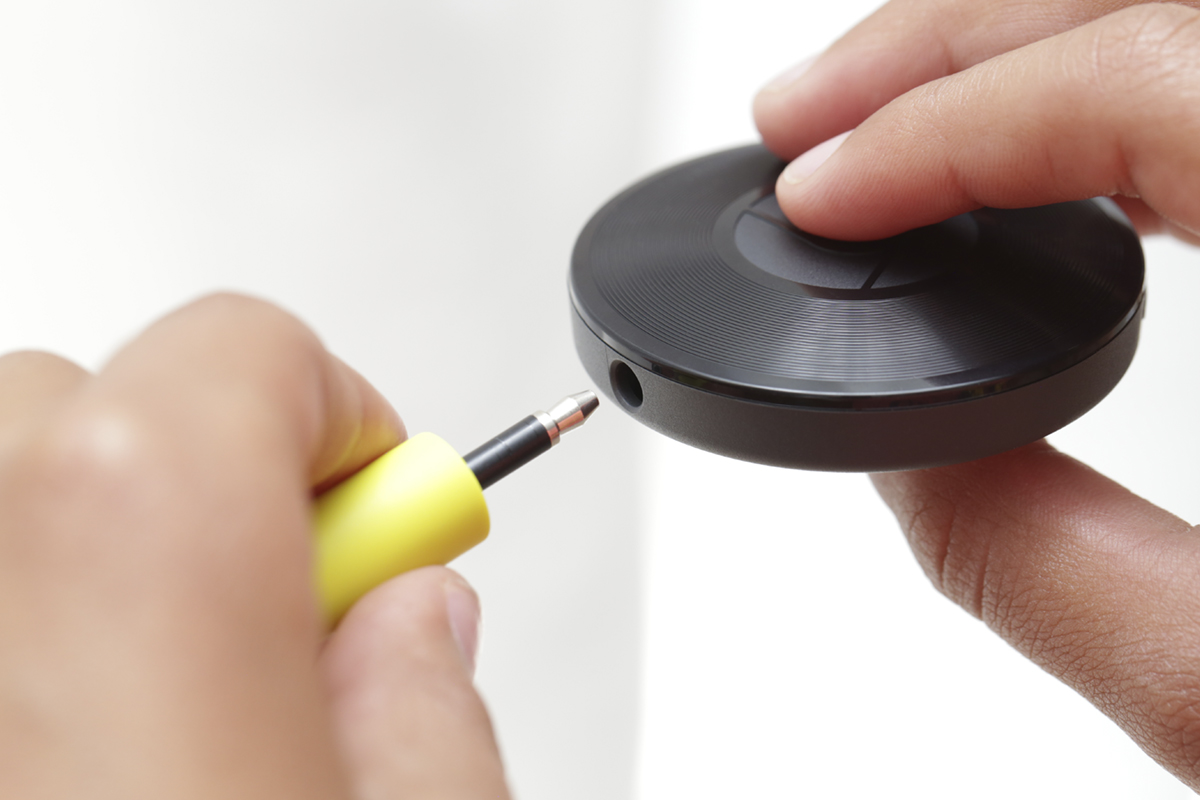
- Written by: Sathyan Sundaram
Music lovers have been trying to solve a problem ever since they began collecting recordings: How to have convenient access to large music libraries?
Read more: Time to Celebrate: Five Years of Google Chromecast

- Written by: Brent Butterworth
Last month, I talked about the advantages that voice command can bring to audio enthusiasts -- and the complications that limit its applicability to music listening. This month I talk in a bit more depth about the prospects for voice-command technology: How much better can voice-command systems get, and might they someday be the primary user interface for audio systems?
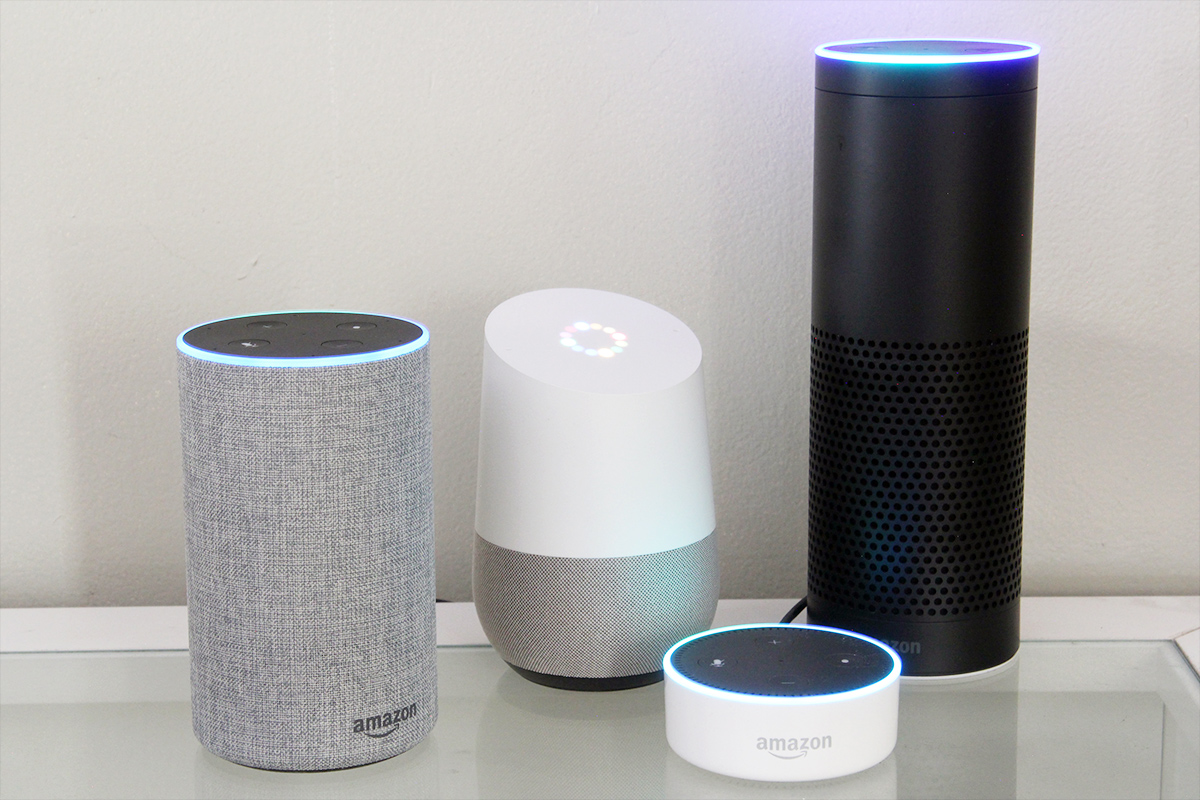
- Written by: Brent Butterworth
I’ve reacted with hostility to many audio writers’ musings about smart speakers. I’m beginning to wonder if I’ve been wrong.

- Written by: Al Griffin
High End 2018, in Munich, Germany, was packed with introductions of streaming products. While much of the gear displayed was at the upper end of the hi-fi price curve, there were also a number of new integrated amplifiers and wireless speakers -- from companies such as Technics, Cambridge Audio, and Cocktail Audio -- that can be had for more reasonable prices. What follows is a list of Simplifi-approved products I ran across during my time roaming the halls of the MOC in Munich.
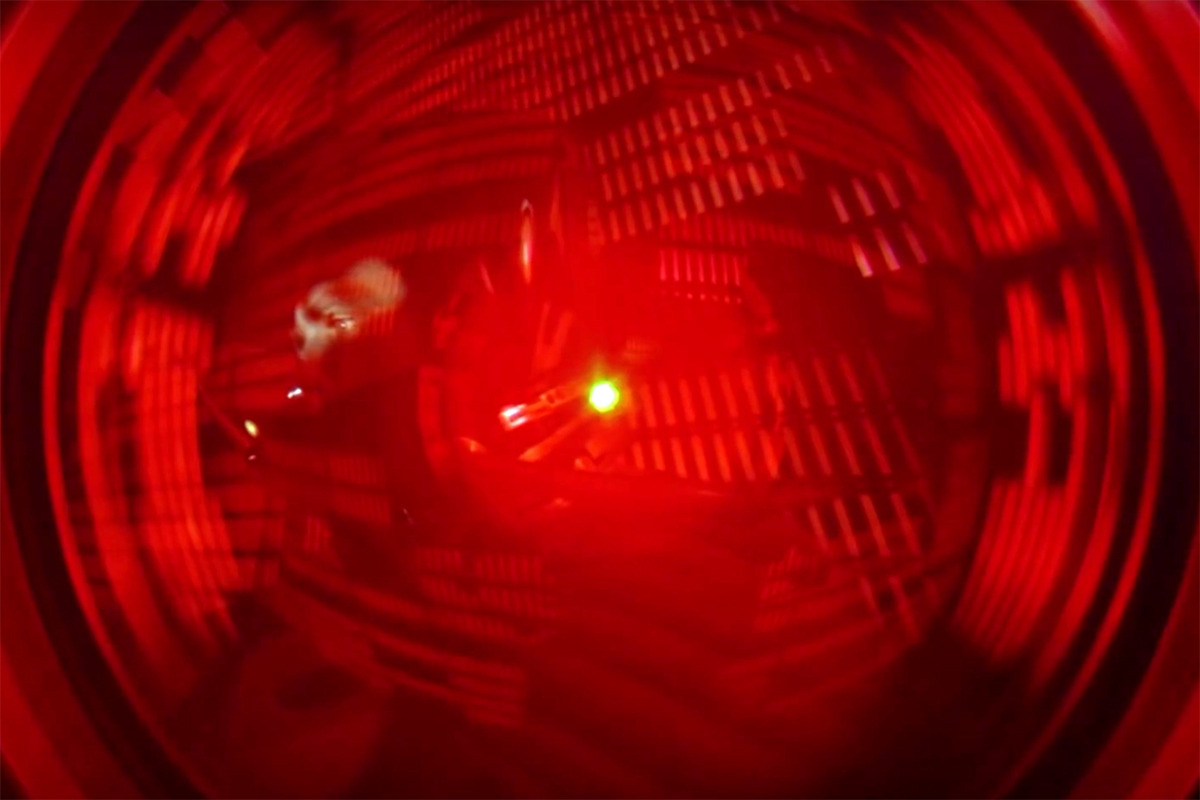
- Written by: Al Griffin
Recently, I reviewed the JBL Link 500, a Wi-Fi speaker that incorporates the Google Assistant platform. To me, being able to question a speaker about the weather for the upcoming weekend, and to get a personalized response based on data Google had previously collected, seemed more a novelty than a great technological leap forward. Still, while the idea of having a speaker in my bedroom with a built-in microphone that relays data to Google’s servers didn’t make me paranoid, I was glad that the Link 500 also has a button for switching that microphone off.
- What's Up with Apple AirPlay 2?
- The Spotify Dilemma
- CES 2018, Simplifi’d
- Farewell, CES
- Room Tunes
- Social Streaming
- CEDIA 2017, Simplifi’d
- Classical Prime Time
- The Röst Reconsidered
- High End 2017, Simplifi'd
- Vinyl: There's an App for That
- Metadata: Life with Roon
- The Internet and Audio: The Good, the Bad, and the Impossible
- The State of Streaming
- CES 2017, Simplifi'd
- Why "Simplifi"
SoundStage! Simplifi is part of
All contents available on this website are copyrighted by SoundStage!® and Schneider Publishing Inc., unless otherwise noted. All rights reserved.
This site was designed by RocketTheme, Karen Fanas, and The SoundStage! Network.
To contact us, please e-mail info@soundstagenetwork.com



